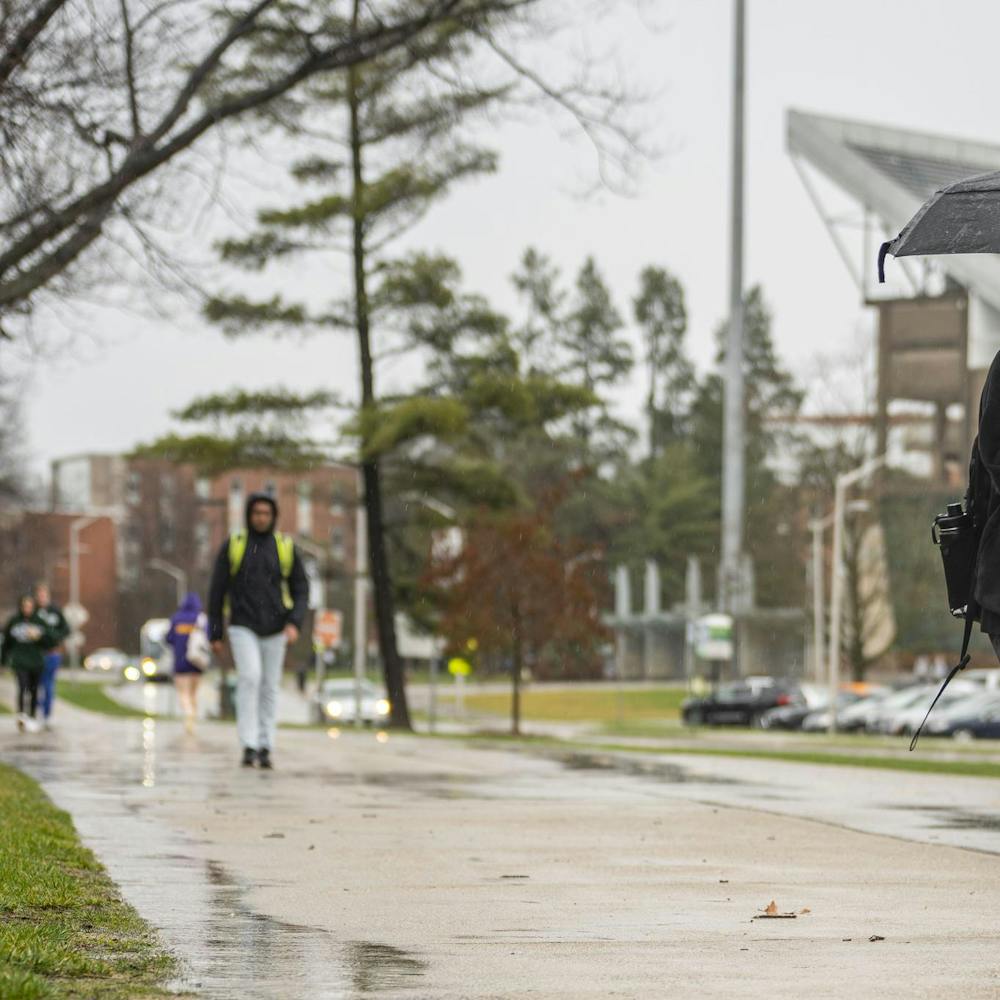When Ashley Zacharski decided she wanted to apply to law school, she knew she would have to watch what she put online.
“I treat my Facebook like a public forum,” the political science and pre-law junior said. “I definitely make sure there are no pictures that seem sketchy or unprofessional.”
Kaplan Test Prep recently published a study finding 41 percent of law school admissions officers Googled applicants and 37 percent have checked an applicant’s Facebook or other social networking profiles. The survey was based on responses from 128 of the country’s 200 accredited law schools.
But, MSU’s College of Law does not typically perform Internet searches on applicants, said Charles Roboski, assistant dean of admissions and financial aid for the College of Law.
“We rely on the information provided by the applicant and those who write letters of recommendation,” Roboski said in an email. “(However), there have been occasions when we have done so.”
In this past admissions cycle, Roboski said he performed an online search of an applicant who referenced a criminal conviction. During the search, he found the applicant withheld certain information about the conviction. The college did not extend an admission offer, Roboski said.
Director of Pre-Law Programs at Kaplan Test Prep Jeff Thomas said he suggests students should remove damaging online content and use privacy settings on their social media pages.
“(Students should) make sure their digital trail is as clean as it can possibly be,” Thomas said.
The study also found 20 percent of college admissions officers and 27 percent of business school admissions officers Google applicants.
The MSU Office of Admissions and both the undergraduate admissions office and master of business administration, or MBA, program of the Eli Broad College of Business do not practice online searches of applicants, officials said.
The main reason general admissions does not perform Internet searches is because of the volume of applicants, Associate Director of Admissions John Ambrose said.
For the College of Law, volume is a factor as well. With more than 3,700 applications last year, the College of Law does not have sufficient time to check each candidate on the Internet, and the college relies on the information self-reported by applicants, Roboski said.
“(We explain) to applicants that it’s critical that they are truthful,” Roboski said in an email.
“A lack of candor can result in revocation of any offer of admission.”
The MBA program takes a similar approach, using only completed applications to decide an applicant’s admission, said Paul North, director of admissions for MSU’s MBA program.
James Madison College freshman Herschel Merenstein said he censors the information he adds on Facebook to ensure he doesn’t get denied internship or job opportunities.
“If people are going to put information on there, it’s for everyone to see,” Merenstein said. “I think (law schools) absolutely have the right to (search an applicant online).”
Support student media!
Please consider donating to The State News and help fund the future of journalism.
Discussion
Share and discuss “Law schools take Facebook into account” on social media.






